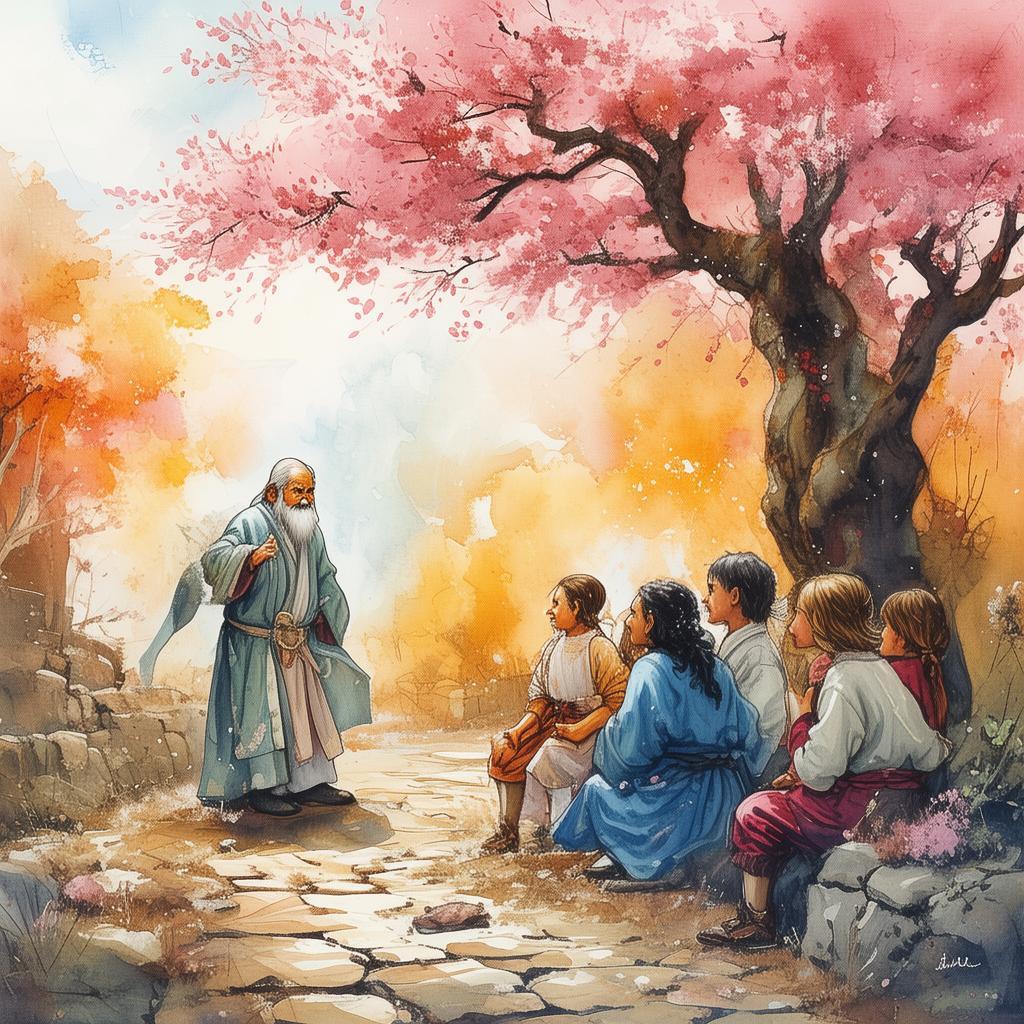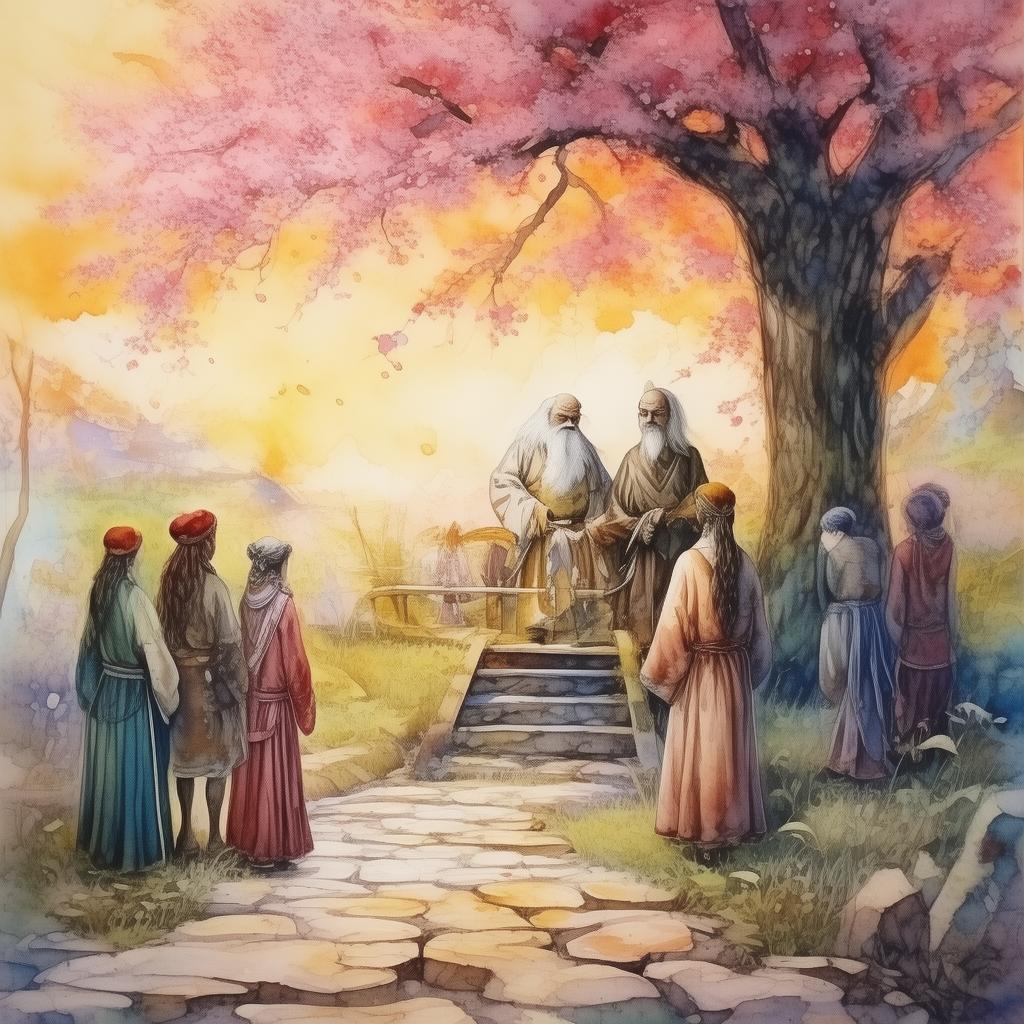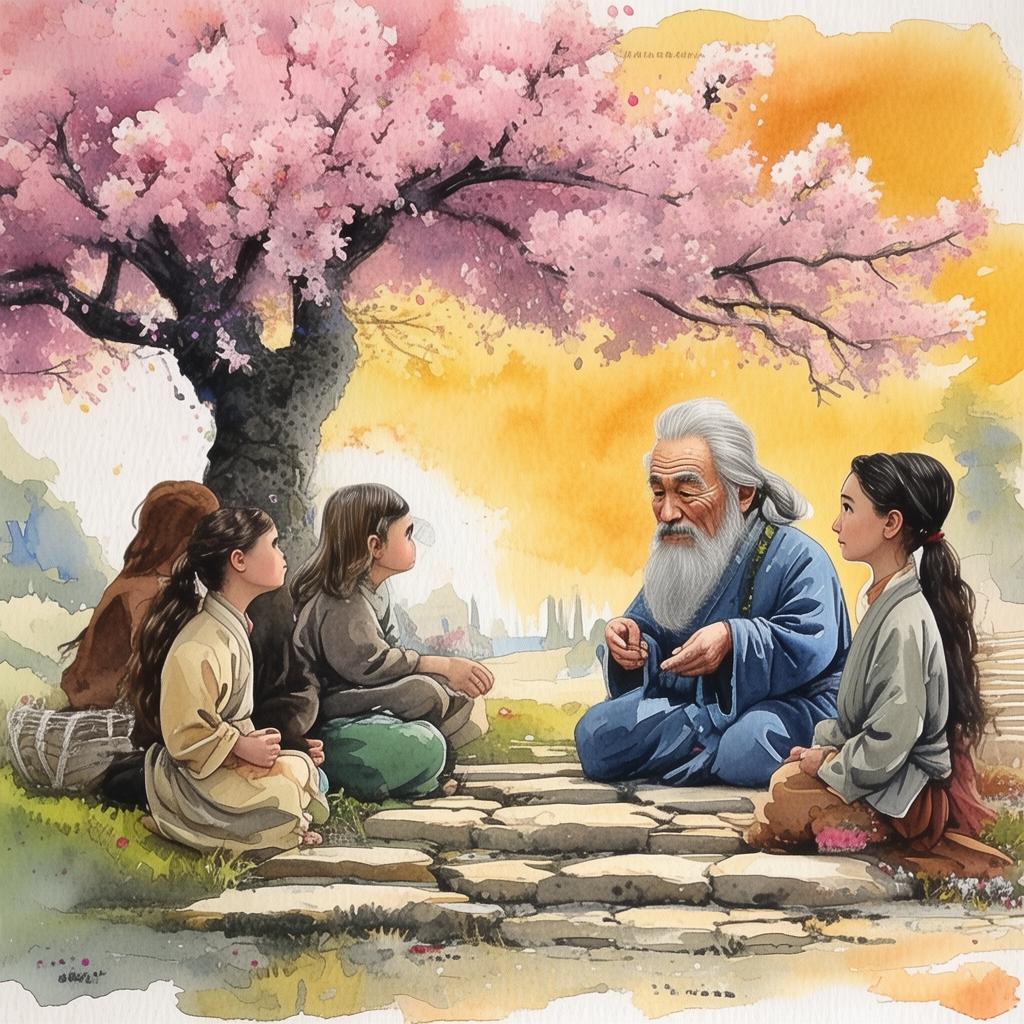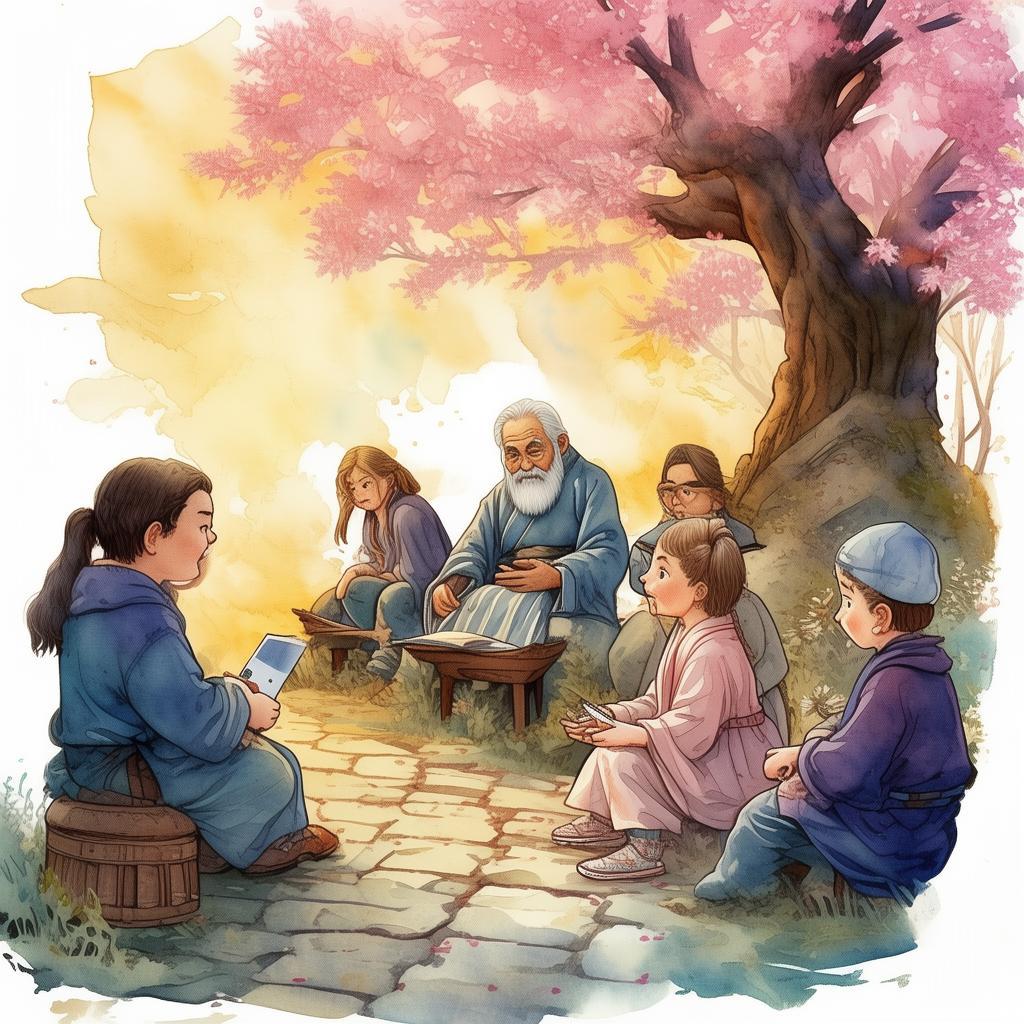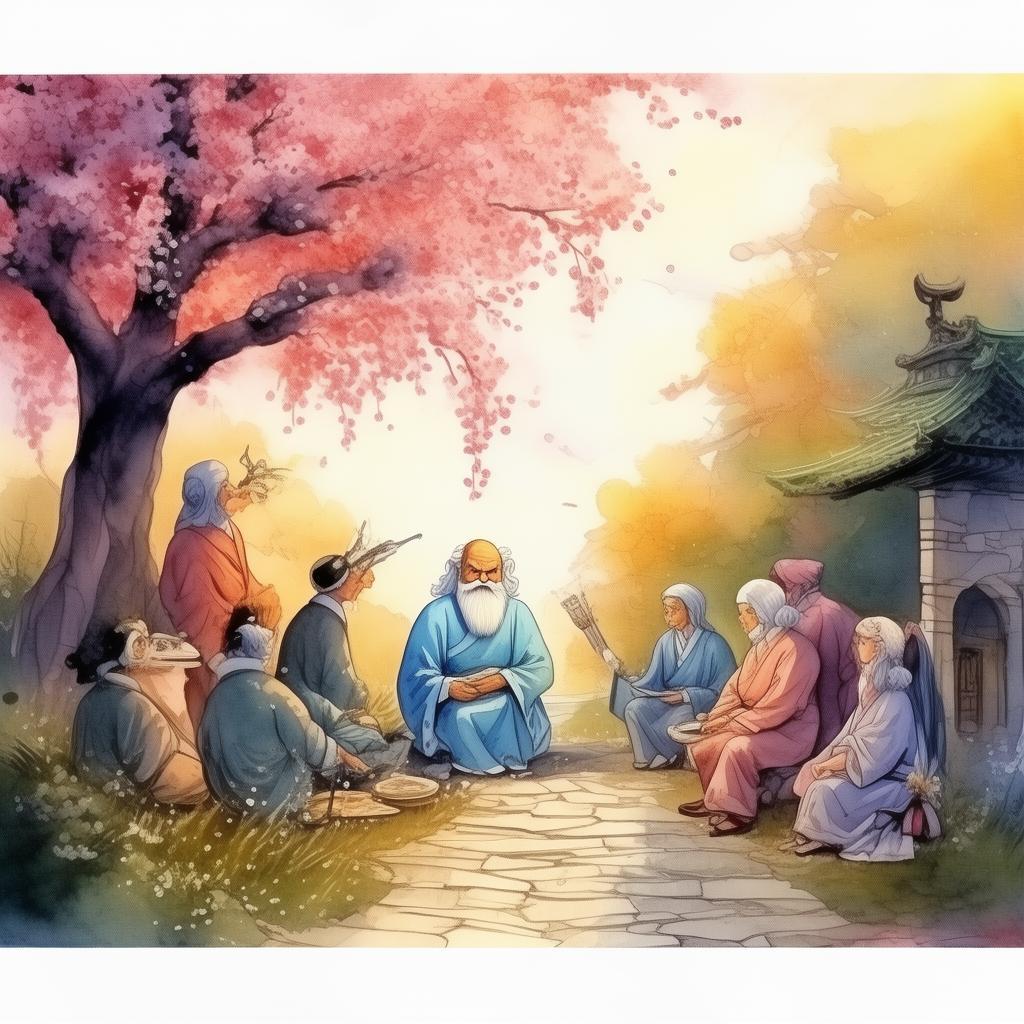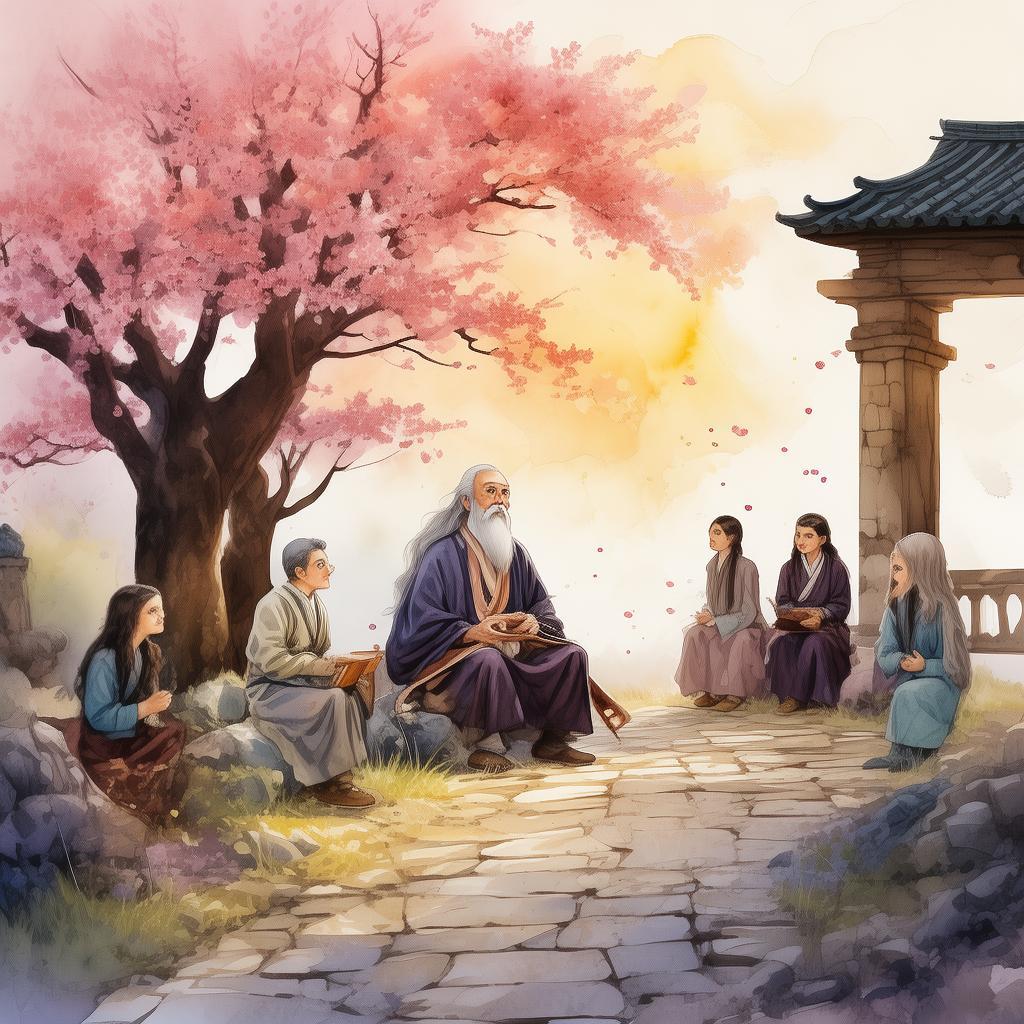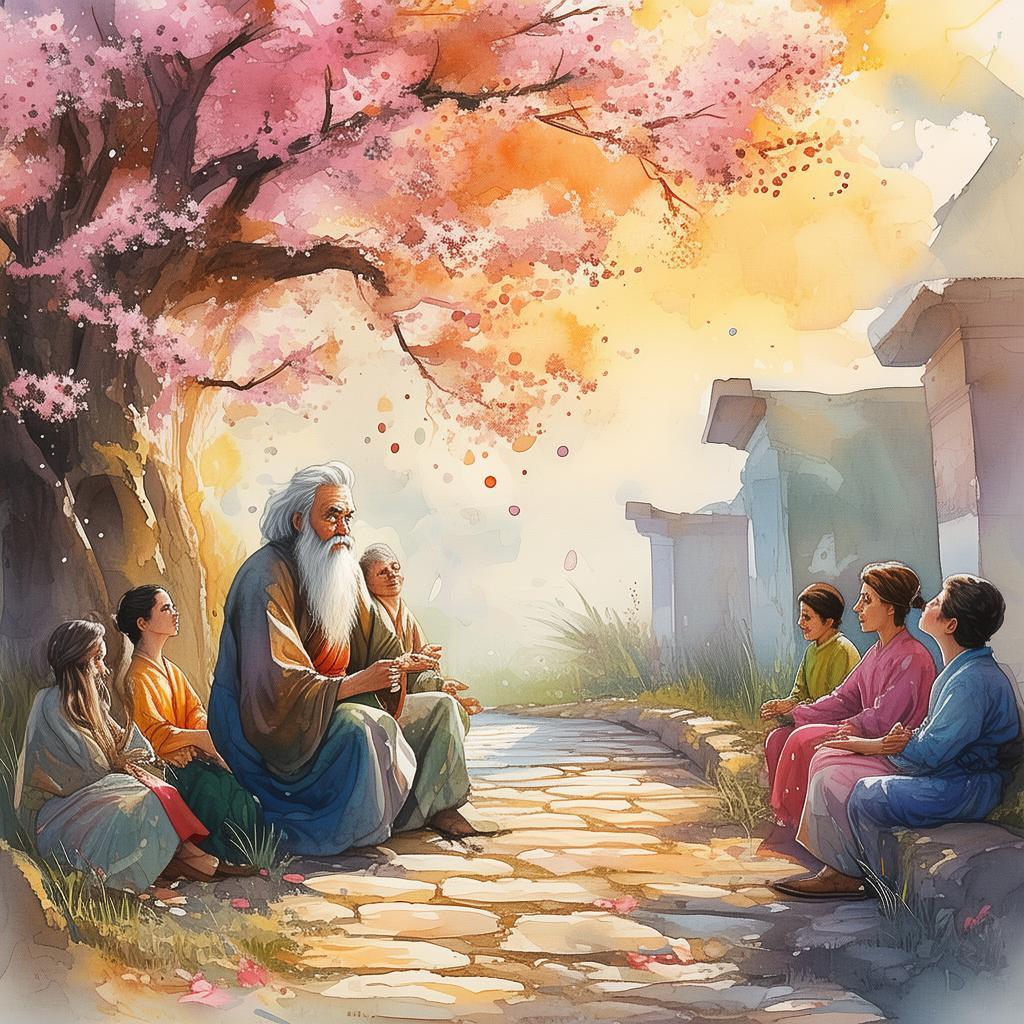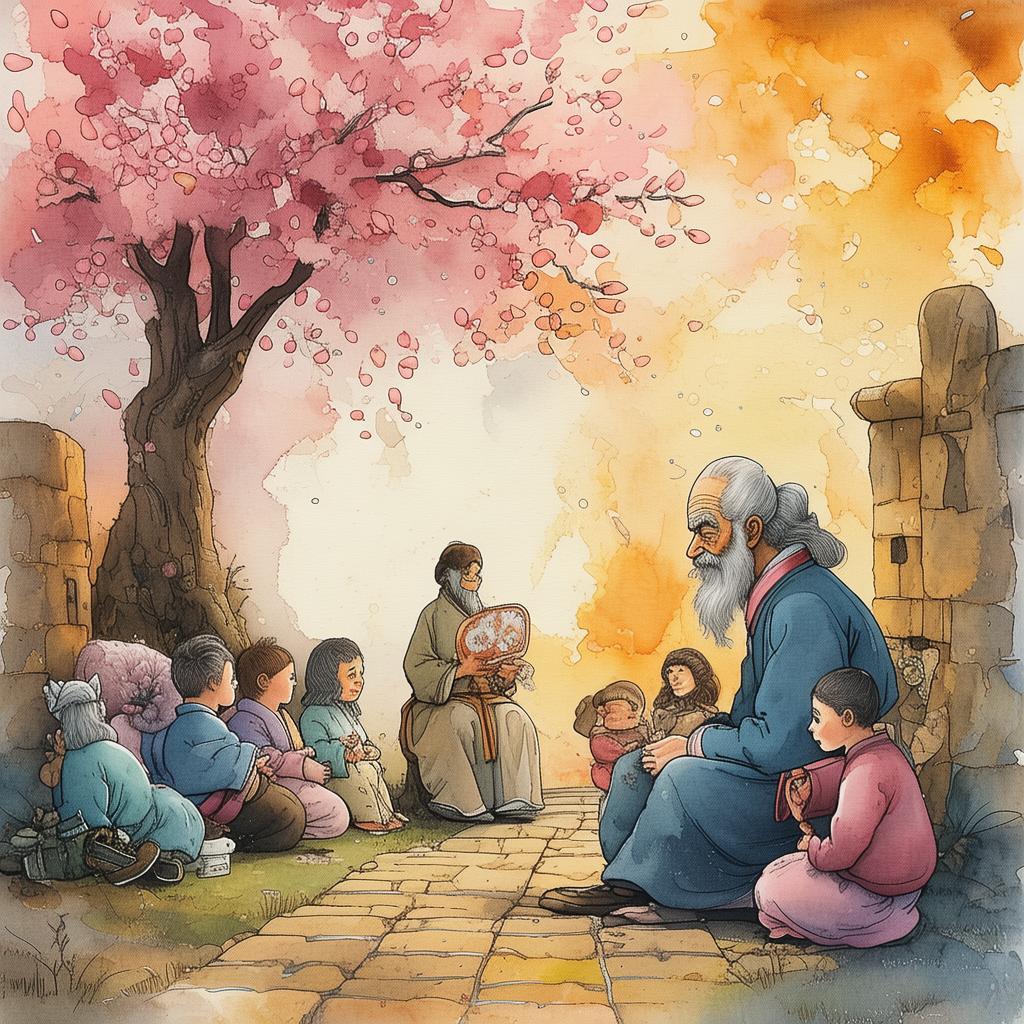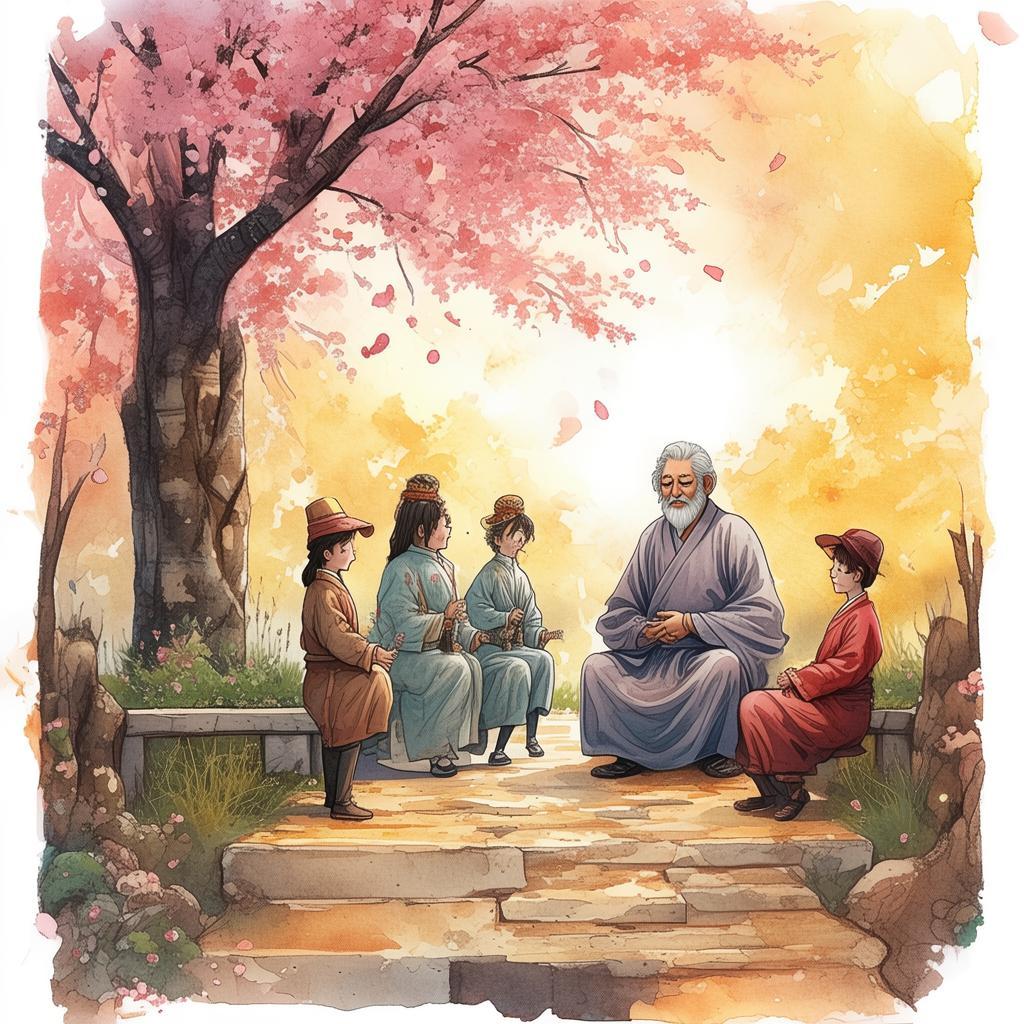Verse of Despair, Verse of Hope: The Tale of the Paralyzed Poet
In the ancient city of Liangzhou, there lived a young man named Qing, a poet whose heart was as vast as the skies and whose words were as sharp as a sword. Qing was not just any poet; he was a master of the written word, a man whose verses could move mountains and whose stories could change hearts. However, his life took a tragic turn when he was struck by a mysterious illness that left him paralyzed from the waist down.
The illness was a cruel twist of fate, a thief in the night that came without warning and left Qing unable to walk, to dance, or even to move his legs. His friends and family watched in despair as the once vibrant poet now spent his days confined to a wheelchair, his dreams of walking among the mountains and rivers of his poems now a distant memory.
But Qing was no ordinary man. He had a spirit that was as unyielding as the willow trees that swayed in the face of the strongest winds. Despite his physical limitations, he refused to let his dreams die. With the help of his loyal scribe, Ming, Qing began to write his poetry in a new way. He would dictate his verses to Ming, who would then write them down, capturing the essence of Qing's thoughts and emotions.
One day, Ming brought Qing a scroll, its edges worn from frequent use. "Master Qing," he said, "I have written down your latest poem. I believe it is one of your finest."
Qing took the scroll and began to read, his voice trembling with emotion:
In the depths of sorrow, I found my voice,
A voice that speaks of pain, yet finds its peace.
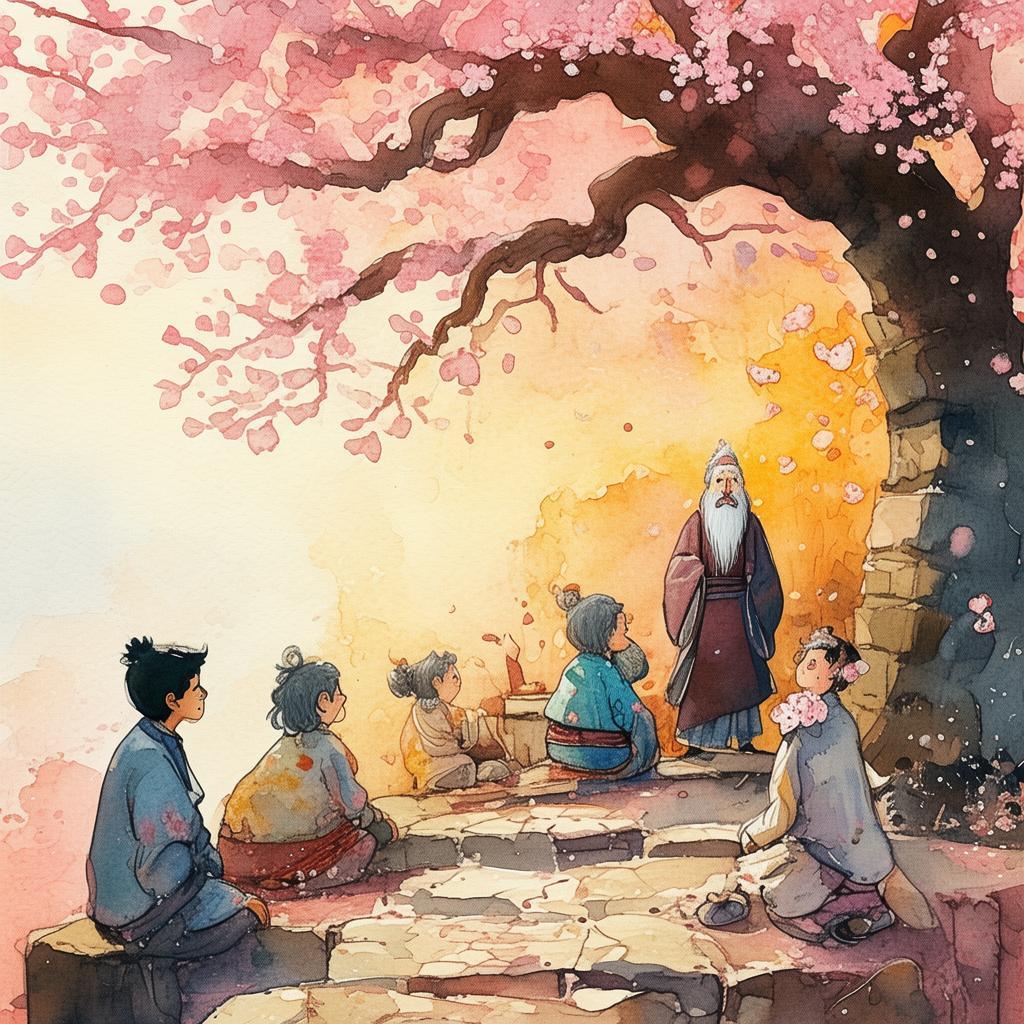
My legs may be bound, but my heart soars free,
In the skies of dreams, where my spirit be.
As Qing read, his eyes filled with tears. He realized that his paralysis had not only confined his body but had also freed his spirit to soar in new heights. His poetry, once filled with the joy of movement and the beauty of the world, now spoke of a deeper truth, a truth of resilience and hope.
Word of Qing's poetry spread far and wide. People from all walks of life came to listen to his readings, to hear the voice of a man who had found a way to touch their hearts despite his physical constraints. His verses became a beacon of hope, a reminder that even in the darkest of times, the human spirit could find a way to shine.
One day, a renowned scholar named Zhen heard of Qing's poetry and decided to visit him. Upon entering Qing's humble abode, Zhen was struck by the sight of the poet, his spirit undiminished by his condition. "Your poetry," Zhen said, "is a testament to the power of the human spirit. It is a gift to the world."
Qing smiled, his eyes twinkling with gratitude. "Thank you, Master Zhen. It is my hope that my words can inspire others to find strength in their own struggles."
As the years passed, Qing's poetry continued to inspire and touch the lives of many. He became known as the Paralyzed Poet, a title that did not define him but rather celebrated his triumph over adversity. His story became a legend, a tale of perseverance and hope that would be told for generations to come.
In the end, Qing's legacy was not just in the words he wrote but in the example he set. He showed the world that even in the face of the most daunting challenges, the human spirit could find a way to rise, to soar, and to inspire others to do the same.
✨ Original Statement ✨
All articles published on this website (including but not limited to text, images, videos, and other content) are original or authorized for reposting and are protected by relevant laws. Without the explicit written permission of this website, no individual or organization may copy, modify, repost, or use the content for commercial purposes.
If you need to quote or cooperate, please contact this site for authorization. We reserve the right to pursue legal responsibility for any unauthorized use.
Hereby declared.
